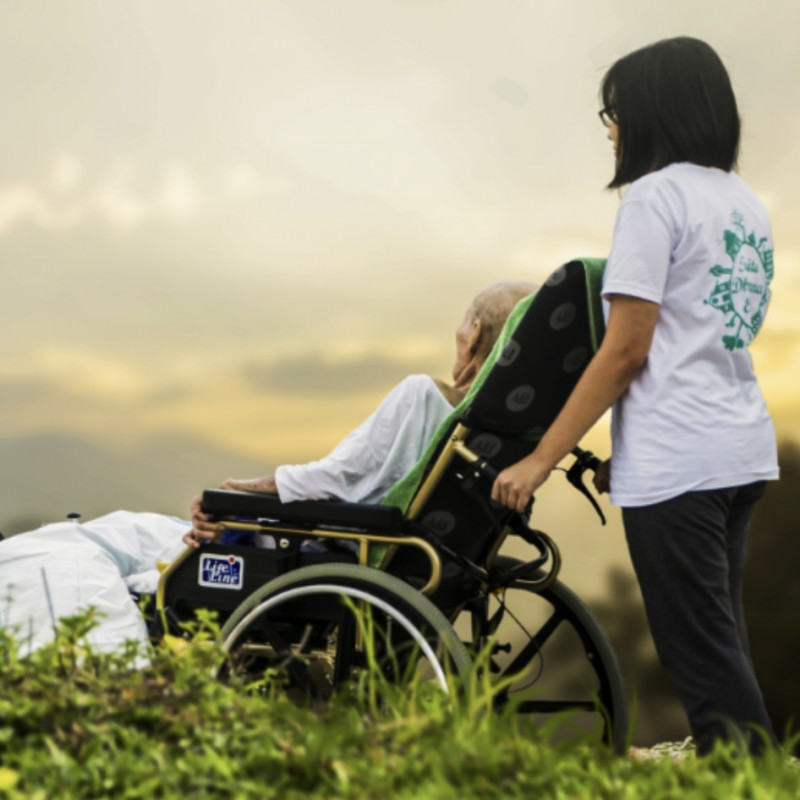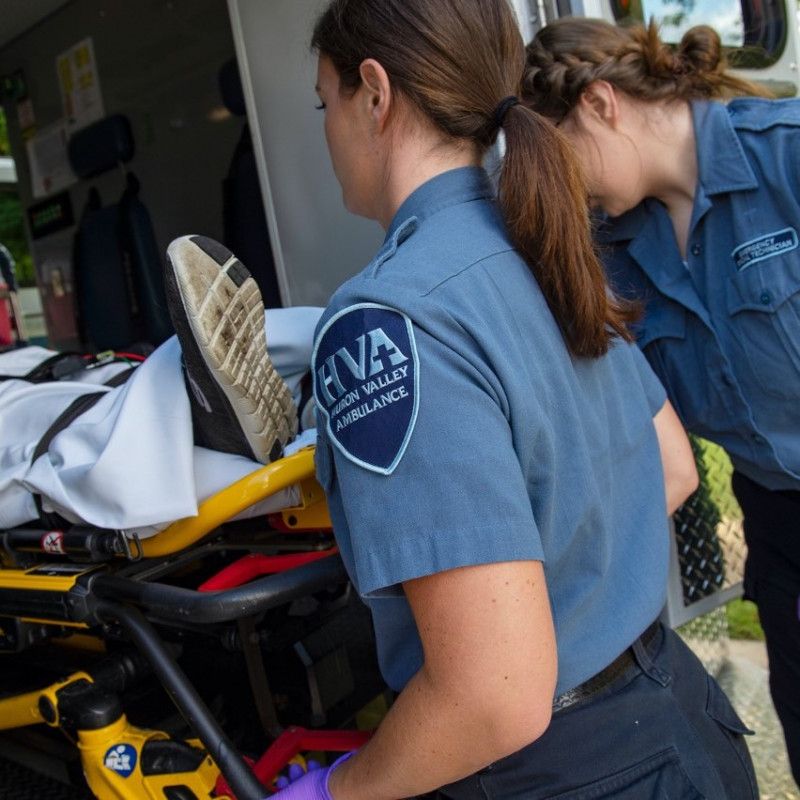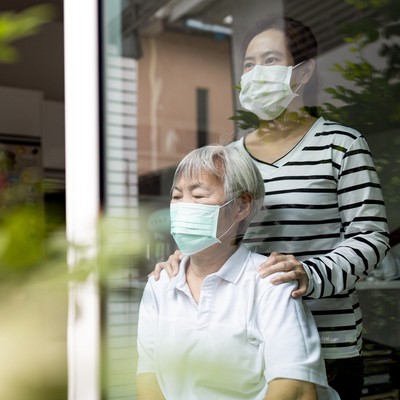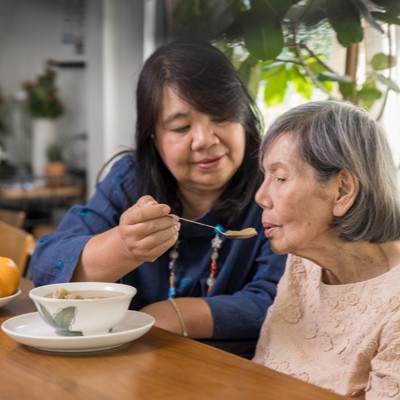Healthy Aging

Organizations’ perspectives on successful aging with long-term physical disability
CHRT staff Marissa Rurka and Melissa Riba of the Center for Health and Research Transformation (CHRT), recently published a study in the peer-reviewed journal, Disabilities, on Organizations’ perspectives on successful aging with long-term physical disability. To best serve those aging with physical disabilities, organizations must understand what successful aging means for this population. From October 2021 to May 2022, 128 …
Read more >
Housing crisis is magnified for people with physical disabilities. Here’s how we can help.
The U.S. housing crisis is worse for people with physical disabilities for two reasons. First, affordable housing is a challenge because people with physical disabilities are twice as likely to be low income. Second, accessibility is a challenge because significant and costly renovations are often required for people with physical disabilities. Those with physical disabilities are disproportionately impacted by the …
Read more >
Funding community paramedicine is an ongoing challenge, in spite of value and savings
Community paramedicine (CP) programs fill significant treatment gaps between primary care providers and emergency care providers. First, CP programs treat clients in the most appropriate settings. Second, CP programs divert patients from emergency departments when appropriate. Finally, CP programs connect clients with needed social services. But funding community paramedicine is an ongoing challenge. For patients, CP programs offer convenient treatment. …
Read more >
Telehealth for people with disabilities: here are the challenges and opportunities policymakers should consider
Telehealth was a lifeline for people with disabilities during the COVID-19 pandemic. Federal and state policy changes allowed clinics, health systems, and providers to expand telehealth services, which benefitted people with disabilities. People with disabilities, approximately one in every four Americans, are six times more likely to have ten or more physician visits and five times more likely to be admitted …
Read more >
A look back at the journey of the Vital Seniors Initiative—and where it’s heading next
Washtenaw County seniors are a rapidly growing population, expected to more than double by 2040. And many face everyday challenges—such as social isolation, food insecurity, and transportation. In 2018, the Vital Seniors Initiative, managed by the Ann Arbor Area Community Foundation (AAACF) and funded by the Glacier Hills Legacy Fund, was developed to address these challenges. Four local organizations received …
Read more >
Family caregiver support: learn about policy and programmatic solutions developed by state and federal agencies
More than 43 million U.S. adults, 13 percent of Americans, provide unpaid care to family members or friends. These family caregivers administer medical care, run errands, provide transportation, manage finances, and help with household chores, among other activities. Family caregivers, despite the lack of reimbursement for their efforts, are a significant component of the nation’s long-term care system. In fact, …
Read more >
The COVID-19 pandemic has added significant new stressors for family caregivers – here’s why that matters
Nearly 40 percent of all family caregivers find their caregiving situation to be emotionally stressful. When caregivers feel they have no choice in assuming their caregiving duties, this increases to 53 percent. Left unaddressed, caregiver stress can worsen physical, mental, and emotional health, as well as social and financial well-being. The COVID-19 pandemic has created an incredibly challenging environment for …
Read more >
King and Rontal published in the Annals of Family Medicine on annual wellness visit use among persons with disabilities
Persons with disabilities often face challenges accessing healthcare, despite having increased health needs. Annual wellness visits (AWV) and other preventive care may increase the overall health of persons with disabilities, but they can be unaffordable when they require out-of-pocket copays. One purpose of the Patient Protection and Affordable Care Act (ACA) was to improve health outcomes and use of preventive …
Read more >
The hidden cost of unpaid caregiving: The case for supporting unpaid caregivers across the state of Michigan
There are 1.4 million unpaid caregivers across Michigan. The work they do keeps residents from needing more costly forms of health care. But Michigan’s unpaid caregivers often do not receive the support they need. Unpaid caregivers help friends, family members, and neighbors in many ways, including activities that allow individuals to maintain their independence, like household chores, managing finances, and …
Read more >
Learn how states are combatting social isolation and loneliness in adults with disabilities during the COVID-19 pandemic
Forty percent of adults with a debilitating disability or chronic condition report feelings of loneliness or being socially isolated. The significant risk factors for social isolation include living alone, mobility disabilities, major life transitions, and emerging health problems – all which become more prevalent in older age. The health risks associated with social isolation and loneliness are troubling, and include …
Read more >